Question And Answer
Publications
Articles, publications, books, tools and multimedia features from the U.S. Institute of Peace provide the latest news, analysis, research findings, practitioner guides and reports, all related to the conflict zones and issues that are at the center of the Institute’s work to prevent and reduce violent conflict.

Tamanna Salikuddin on the Crisis in Sri Lanka
Despite loosening former President Gotabaya Rajapaksa family's powerful grip on Sri Lankan politics, there's still "a crisis of legitimacy in the country, where people see the leadership can’t deliver" on issues like reconciliation, political reform and addressing the devastating economic crisis, says USIP's Tamanna Salikuddin.
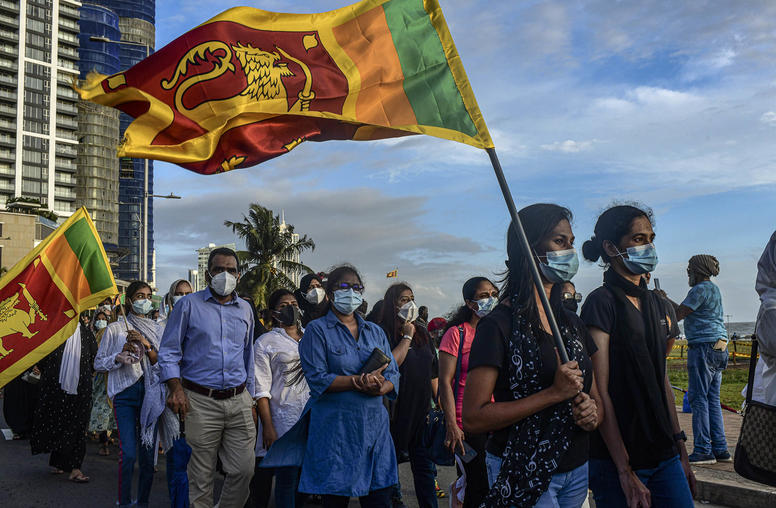
Five Things to Know about Sri Lanka’s Crisis
Following months of escalating protests, and the May resignation of his brother Prime Minister Mahinda Rajapaksa, Sri Lankan President Gotabaya Rajapaksa fled the country on July 13. Sri Lanka’s economy has hit rock bottom as it defaulted on international loans and is facing rampant fuel and food shortages, and the government imposed a state of emergency. Gotabaya’s flight from the country leaves the government in further disarray. How did Sri Lanka get here and what does this political and economic crisis mean for the country and the region?
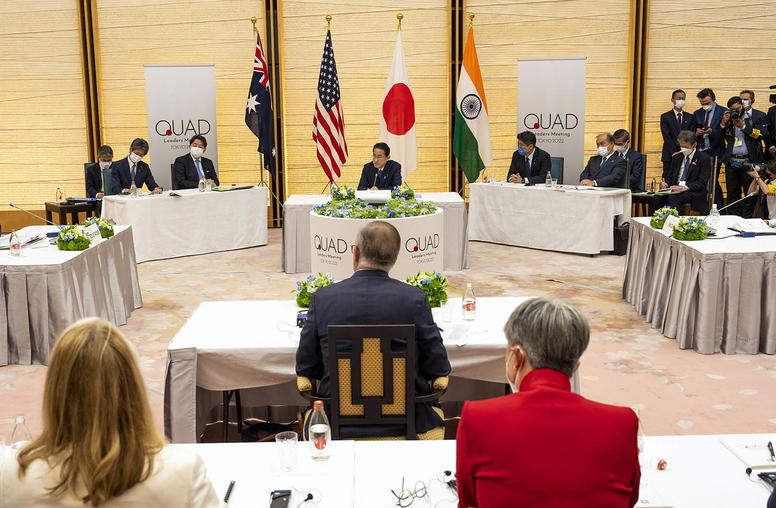
Amid Ukraine War, U.S. Signals the Indo-Pacific is a Vital Priority
While the Ukraine war continues to dominate policymakers’ attention, the Biden administration has engaged in a series of diplomatic initiatives with allies and partners across the Indo-Pacific region over the course of the last two months. The message is clear: Washington sees the Indo-Pacific as the world’s principal geostrategic region, with a host of challenges to meet — like competition with China and climate change — and opportunities to seize, particularly related to technology and the economy.

Tamanna Salikuddin on the Fall of Pakistan’s Imran Khan
Over the weekend, Imran Khan became the first Pakistani prime minister to be ousted in a no-confidence vote. USIP’s Tamanna Salikuddin says, “There are a lot of reasons why he lost the support of [the] military establishment and also parliament” but that “his downfall really, number one, was the economy.”
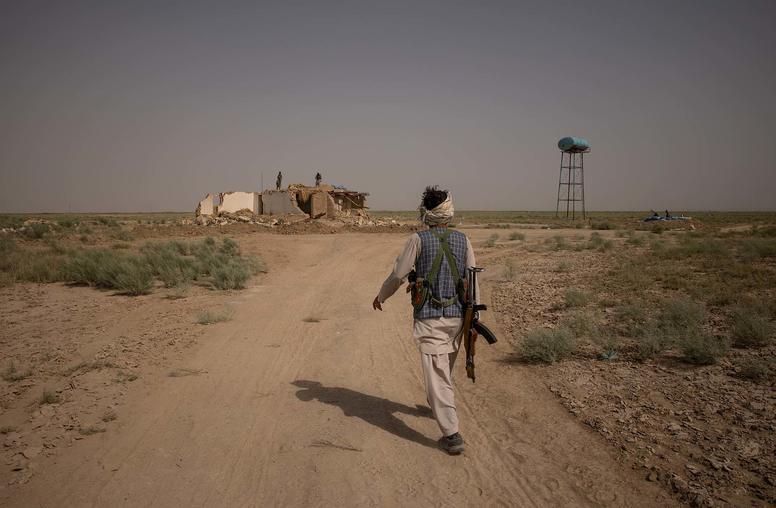
India, Pakistan Watch Warily as Taliban Move to Takeover
The Taliban’s rapid advances have caught the region and the United States off guard. The deterioration in security has forced India, along with many other countries, to retrench its diplomatic presence in the country, closing consulates outside of the capital of Kabul. There have been conflicting reports over the past month over whether or not Indian officials have engaged in talks with Taliban representatives in Qatar. Afghanistan’s neighbors all prefer a negotiated political settlement to the conflict but are preparing for the worst and could look to armed Afghan factions to protect their interests. Meanwhile, Kabul and Islamabad are blaming each other for the spiraling security situation.

Tamanna Salikuddin on U.S.-Pakistan Relations
With the world’s fifth largest population, a nuclear-armed military, an important role in Afghanistan and a close relationship with China, Pakistan is vital to U.S. interests. Although there have been periods of turmoil, “Both countries must have a relationship and, ostensibly, share some interests,” says USIP’s Tamanna Salikuddin.
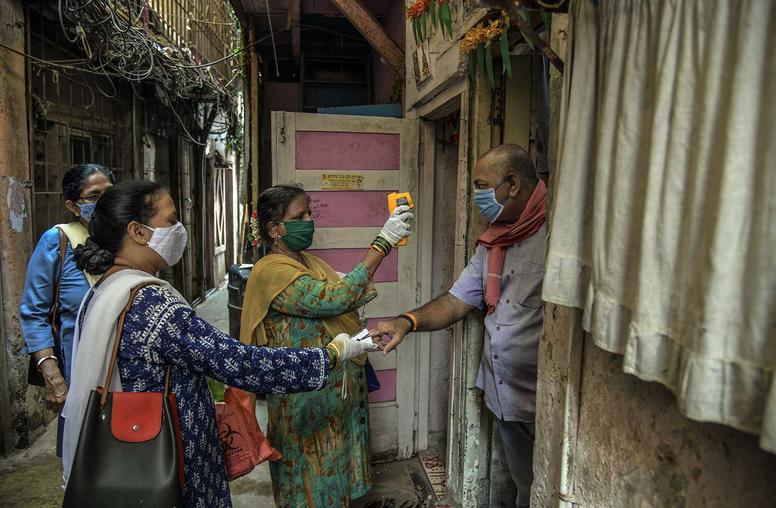
Can India Escape its Devastating Second COVID Wave?
India’s second wave of COVID has quickly turned into one of the worst outbreaks in the world. Since early March, official cases and deaths have skyrocketed, recently breaking world records on an almost daily basis. Meanwhile, Indian officials are warning the country’s health care system cannot keep up with the deluge of patients as supplies run thin, exposing India’s ailing health infrastructure. USIP’s Tamanna Salikuddin and Vikram Singh look at the origins of India’s second wave, its far-reaching consequences in the global fight against COVID and what the international community can and should do to help India weather the storm.
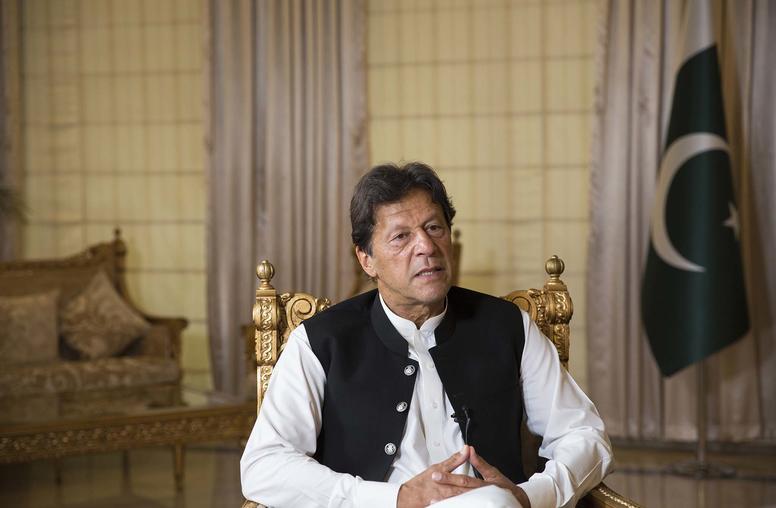
Pakistan Senate Election Upsets Government Efforts to Solidify Power
Pakistan held indirect elections on March 3 for the Senate, its upper house of Parliament, which is elected by sitting legislators in the National Assembly (the lower house of Parliament) and each of the provincial assemblies. Given the typically party-line vote, Pakistani Senate elections tend to be mundane affairs, with the results often preordained. However, in last week’s elections the ruling Pakistan Tehreek-e-Insaf (PTI) party, despite having a numerical majority in the national and provincial assemblies, failed to forestall defections among some lawmakers and in doing so failed to take control of the Senate from the opposition.
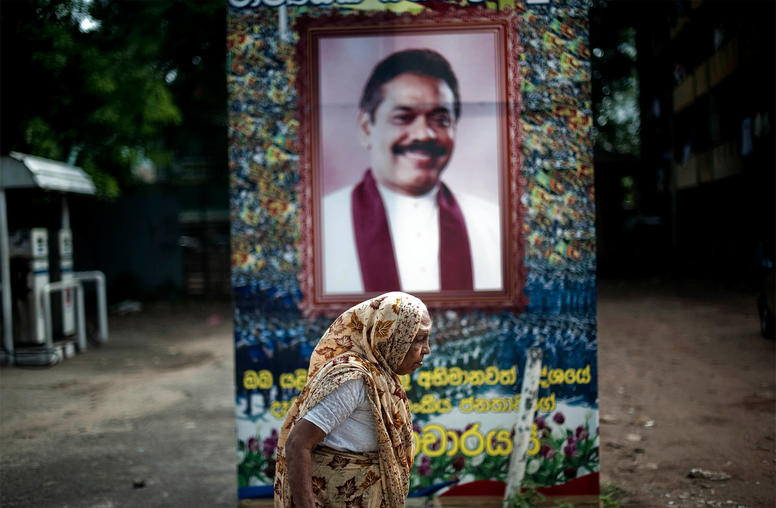
Sri Lanka’s Election Helps Cement the Rajapaksas’ Return to Power
The Sri Lanka People's Front (SLPP) gained a parliamentary supermajority earlier this month in what was the first major election held in South Asia since the coronavirus pandemic began. The results solidified the political power of Prime Minister Mahinda Rajapaksa and his brother, President Gotabaya Rajapaksa, who had dissolved the previous parliament shortly after he was elected last year. USIP’s Jumaina Siddiqui, Tamanna Salikuddin and Vikram Singh look at whether the polls were free and fair, what the landslide victory means for Sri Lanka as the country continues its recovery from civil war, and how the election impacts South Asia.
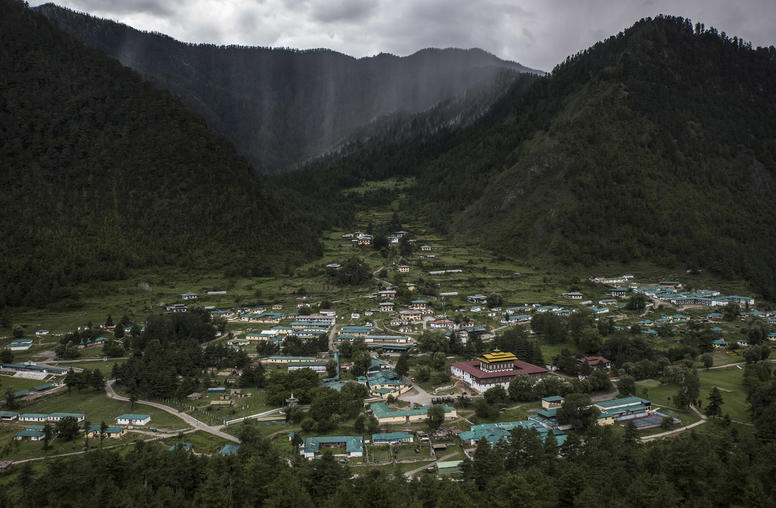
India and China Come to Blows in the Himalayas
In early May, a fistfight broke out between Chinese and Indian soldiers along the disputed border between the world’s two most populous, nuclear-armed nations. A few days later, Chinese soldiers confronted Indian soldiers at several other points along the Line of Actual Control (LAC), which has served as the de facto border between the two countries since the 1962 Sino-Indian war. Both countries have more recently ramped up their military presence in the region. This escalation of tensions comes as China has turned increasingly assertive in its neighborhood, and as the world grapples with the COVID-19 pandemic. USIP’s Vikram J. Singh, Jacob Stokes, and Tamanna Salikuddin look at the causes behind the flare-up and its potential consequences.